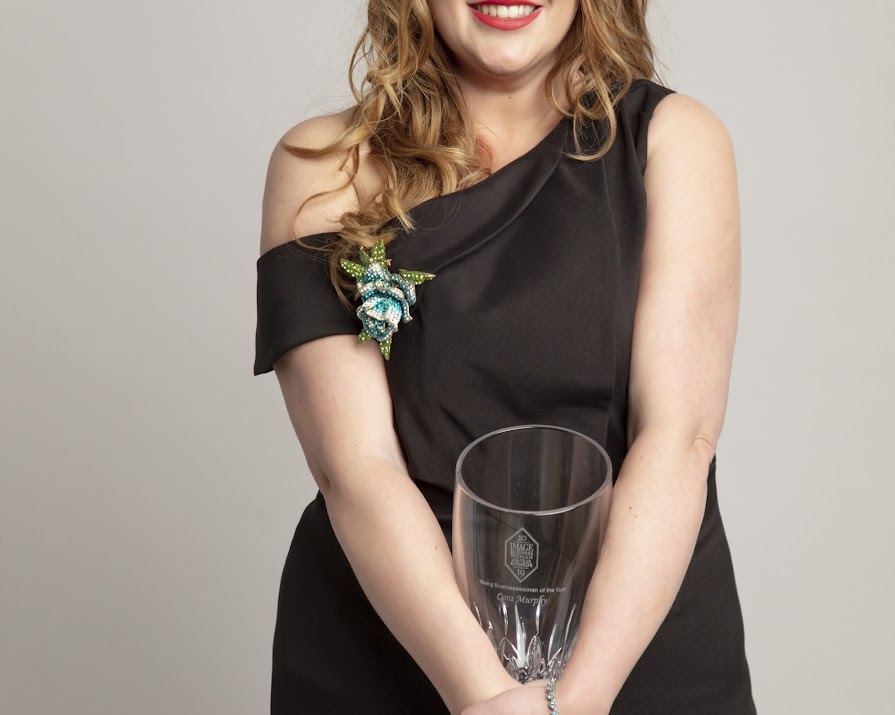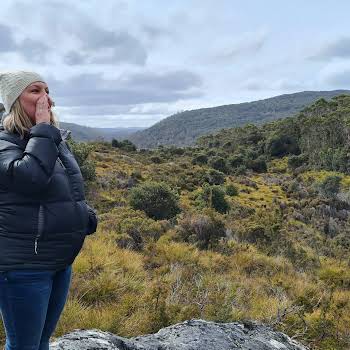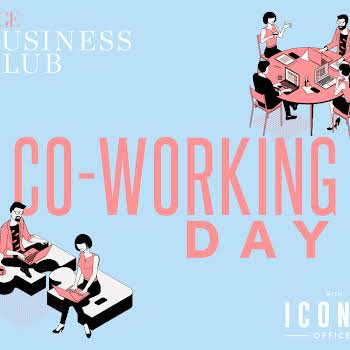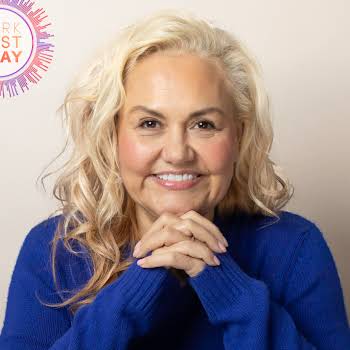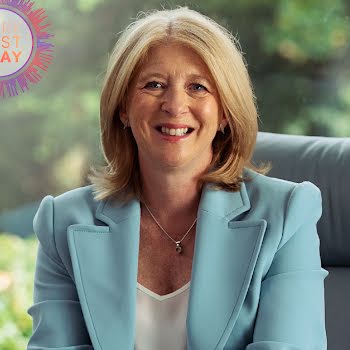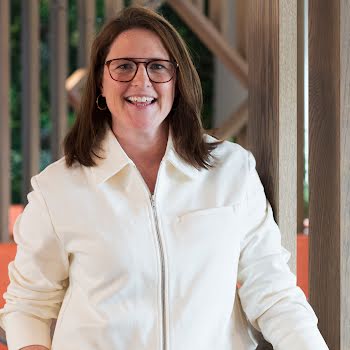‘The cost of living and rising rents in Dublin pose the biggest challenge in attracting and retaining staff’: Cora Murphy on how her business pivoted during the pandemic
By Lauren Heskin
24th Mar 2022
24th Mar 2022
Rising costs of living and business demands coupled with staffing challenges, how one Irish business pivoted during the pandemic.
Cora Murphy was our 2019 IMAGE PWC Young Businesswoman of the Year for her role as owner and clinical director at All About Healthcare, which is split into two businesses: Contact Care, which offers primary care services to adults, children and young adults in the comfort of their own homes; and sister company, The Care Team, which is responsible for over 200 patients, ranging from children with intellectual disabilities to adults with chronic illness and age-related conditions.
Cora has always taken on a hands-on approach to the business, her nursing background allowing her to work across all elements, from budgeting and staff hiring to visiting clients. However, the pandemic saw a huge increase in demand for services like Cora’s business, which could not be matched by increased hiring.
Here, she talks through what the last two years have been like for her and her team, as well as the lessons learned both within her businesses and the wider working world.
Since the IMAGE Businesswomen of the Year Awards 2019, the world has changed completely, how has the last two years been for you and your business?
When I look back at November 2019, I think about the thrill and excitement I experienced that night I won the award. I had just opened another business venture salon/medispa, was running a successful homecare business and was halfway through my Institute of Directors program. I went to work the next day with hubris that I could take on any challenge that came my way.
No one could have prepared me for what would follow. As we provide healthcare services to people in their own homes, this was an essential service during the pandemic. We had to fall in behind other healthcare services and keep people out of the hospital, all the while the requests for care at home increased. Our patients are very vulnerable and we needed to then keep safe at home. In addition, the new business was struggling as it was closed for most of the two years.
Does your business look very different now?
Our team has grown and continues to grow as the demand for homecare continues to increase – this trend has not slowed down. However, we are now seeing longer waiting lists for the service and we are not able to provide clients with their preferred times for the service. We have to offer what is available, which is new post-pandemic.
Homecare services too have changed in the past few years in terms of what is provided. Patients receive more physical hands-on care now and it has moved away from providing domestic duties. This is reflected in the type of patient cases we cater for.
What has been the biggest challenge for you and the business in the last two years?
At the start of the pandemic, we saw a large increase of people moving into the caring profession. This was mainly due to other industries shutting down. However, as the pandemic progressed, we hit many challenges regarding staff, which had a knock-on effect on providing care. Demands for the service started to surpass the amount of staff we could hire. This resulted in patients waiting for their care packages to start and in some cases getting fragmented services.
The biggest challenge was and still is trying to meet the demands for the service. We are limited in how many patients we can take on due to staff capacity. And now we have seen many people leave the healthcare profession as other industries opened up. People are looking for working-from-home solutions. The cost of living and rising rents in Dublin have posed the biggest challenge in attracting and retaining staff. Our service is also dependent on staff travelling house to house. We provide cars and travel expenses to our staff however the exponential cost of fuel is increasing the pressure on service provision.
During the pandemic, many businesses were forced to pivot their business model and plans. How did you chart the way through 2020/2021?
Agility. An agile business model has been key. Have scenario plans in place even if you will never need to use them. At the beginning of the pandemic many of our patients were anxious about having people in their homes for fear of covid transmission. We had to change some of the ways we provided services. We offered doorstep deliveries for shopping, window visits and welfare phone calls. We changed how we provided care with increased concentration on PPE and infection control measures.
What have been the biggest learnings from the pandemic, both for you as a leader as well as the business writ large?
The close relationships we have clients played a crucial role in keeping services running in the chaos. These relationships should be maintained and keeping people informed of changes is imperative. Supporting staff at each point and watching out for burnout. Be willing to slot into any position in your business to work with the team on the ground. Have a financial buffer set aside for unforeseen costs. Having a network of other businesses to call upon for help and assistance was vital for us too.
With the benefit of hindsight, is there anything you would do differently?
Would have started stockpiling PPE such as gloves once we knew Covid was in Europe and would have more detailed crisis plans for unforeseen events such as large numbers of staff absences.
Are there any individual working habits you established during the pandemic that you hope to retain?
Meetings using Teams or Zoom is something that works well for us as many of our staff are working in the community and have no time to come to the office. Also meetings are now kept shorter and to the point. It also means everyone can attend no matter where they are.
The Great Resignation saw many people switch careers during the pandemic. How do you feel companies need to shift to align with new employee demands?
We need to make jobs about working to live rather than living to work. Each company will need to explore how they do this, starting with staff surveys and focus groups to help get the consensus of what staff want. Staff contracts should be more individualised. Some workers might like to have more flexible hours, whereas others might want an option to work from home.
I fear that emphasis will be around salary and it will become a race to the bottom line. This will ultimately push small businesses to the edge as they will not be able to compete with large multinationals.
What’s the one leadership skill you wish someone had impressed upon you when you were starting out?
Have trust in the people you delegate to. As your business grows it’s impossible to manage every aspect. You need to lead people and need to let people develop and grow. That includes allowing for mistakes and learning. Ultimately this will lead to building a strong confident team.
Any other little nuggets of knowledge you’d like to share?
As I have said my world has changed in the last two years. I have just become a mother and now realise how resilient we are as women. My salon, which was so close to going under, is now thriving. The homecare business has, despite everything, grown. Resilience, that’s is key.
Challenges can help shape your business and force you to try things you would never even consider. When your business is going through tough times keep your staff close and listen to them. Remind your team how important they are and small tokens can boost staff morale. Be honest with clients and manage expectations, don’t promise what you can’t deliver. Remember, nothing ever stays the same and even the challenging times don’t last forever.
The 2022 IMAGE PWC Businesswoman of the Year takes place on Wednesday, April 20, 2022, from 6pm in The Clayton, Burlington Road, Dublin 4. Order your tickets below or join our Business Club today and receive a discounted ticket.












